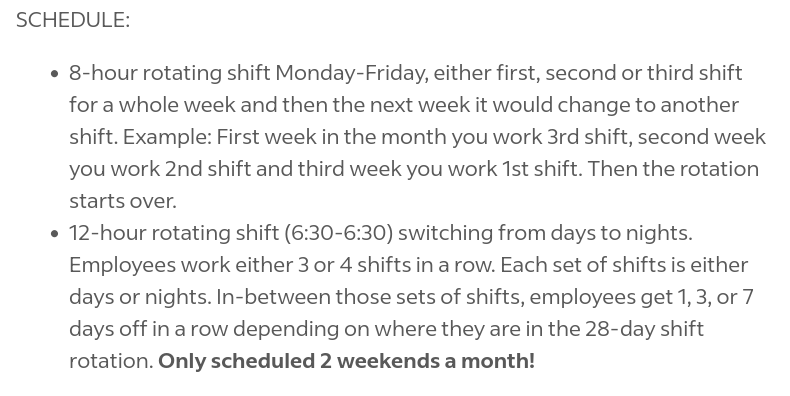Ask Lemmy
A Fediverse community for open-ended, thought provoking questions
Rules: (interactive)
1) Be nice and; have fun
Doxxing, trolling, sealioning, racism, and toxicity are not welcomed in AskLemmy. Remember what your mother said: if you can't say something nice, don't say anything at all. In addition, the site-wide Lemmy.world terms of service also apply here. Please familiarize yourself with them
2) All posts must end with a '?'
This is sort of like Jeopardy. Please phrase all post titles in the form of a proper question ending with ?
3) No spam
Please do not flood the community with nonsense. Actual suspected spammers will be banned on site. No astroturfing.
4) NSFW is okay, within reason
Just remember to tag posts with either a content warning or a [NSFW] tag. Overtly sexual posts are not allowed, please direct them to either !asklemmyafterdark@lemmy.world or !asklemmynsfw@lemmynsfw.com.
NSFW comments should be restricted to posts tagged [NSFW].
5) This is not a support community.
It is not a place for 'how do I?', type questions.
If you have any questions regarding the site itself or would like to report a community, please direct them to Lemmy.world Support or email info@lemmy.world. For other questions check our partnered communities list, or use the search function.
6) No US Politics.
Please don't post about current US Politics. If you need to do this, try !politicaldiscussion@lemmy.world or !askusa@discuss.online
Reminder: The terms of service apply here too.
Partnered Communities:
Logo design credit goes to: tubbadu
view the rest of the comments


From an economic perspective many countries had to develop with sweatshop labor effectively until they built enough prosperity to develop other industries. But without that intermediate sweatshop stage, they couldn't compete economically, couldn't get the capital to modernize, and would be stuck in the agrarian phase
That’s really just a bureaucratic way of making it nobody’s fault.
We don’t need high enough profits to support sweatshops, no matter how “economical” you make the argument.
An "economic perspective" is horribly skewed in favor of the capitalist class; that's just saying the misery of the commoner is justified by the greed of those who refuse to actually assist in producing any goods or value for society.
In the context of the United States, which I believe the original poster is talking about. There's the classic rural problem of how do you keep them down on the farm. There's many economic opportunities across the whole country, which allows freedom of movement, so people can emigrate to different parts of the country with more job opportunities and more lucrative uses of time.
So it's not a dichotomy of work a rotating schedule or starve. There are other jobs in the area, they might be farm labor jobs, they may not pay as consistently, they may not pay as well, but there are economic opportunities in most rural areas. If those are insufficient, people have been known to move to the cities the urban areas where there's more work opportunities.
This rotating shift opportunity, is just one of many available to people living in the United States. They're not being forced into it. People are choosing it of their own free will.
If we would like to say rotating schedules should be illegal, great, let's codify that into the labor laws. Vote on it. Then every business will have the same constraints.
Oh, for heavens sake. I chose to be born into a life where I can only choose the form of my exploitation, in other words?
No. It is not in any way shape or form a result of my choice that some business owner is prioritizing money over people.
Capitalism is not a neutral system. And it's flaws are certainly not the fault of those being exploited.
Nobody is forcing your labor. You can live off the land mountain man style if you want to.
You literally cannot. Homesteading hasn't been a thing since the Federal Land Policy and Management Act of 1976.
So you feel the US is still in that intermediate sweatshop stage and that will go away if they could just get the capital to modernize?
Most of the service industry in the US is still in the sweatshop phase.
Some areas - yes. Developing a local economy is tricky, for places that don't have historic concentration of logistics, there has to be a some attractive force to offset geographic conditions, and attract capital and employers to an area.
I'm all for providing alternative jobs to communities, a national Job corps, increasing military pay, or providing labor laws saying that rotating shift jobs are not allowed. Those are all fine. Giving people better options is the solution.